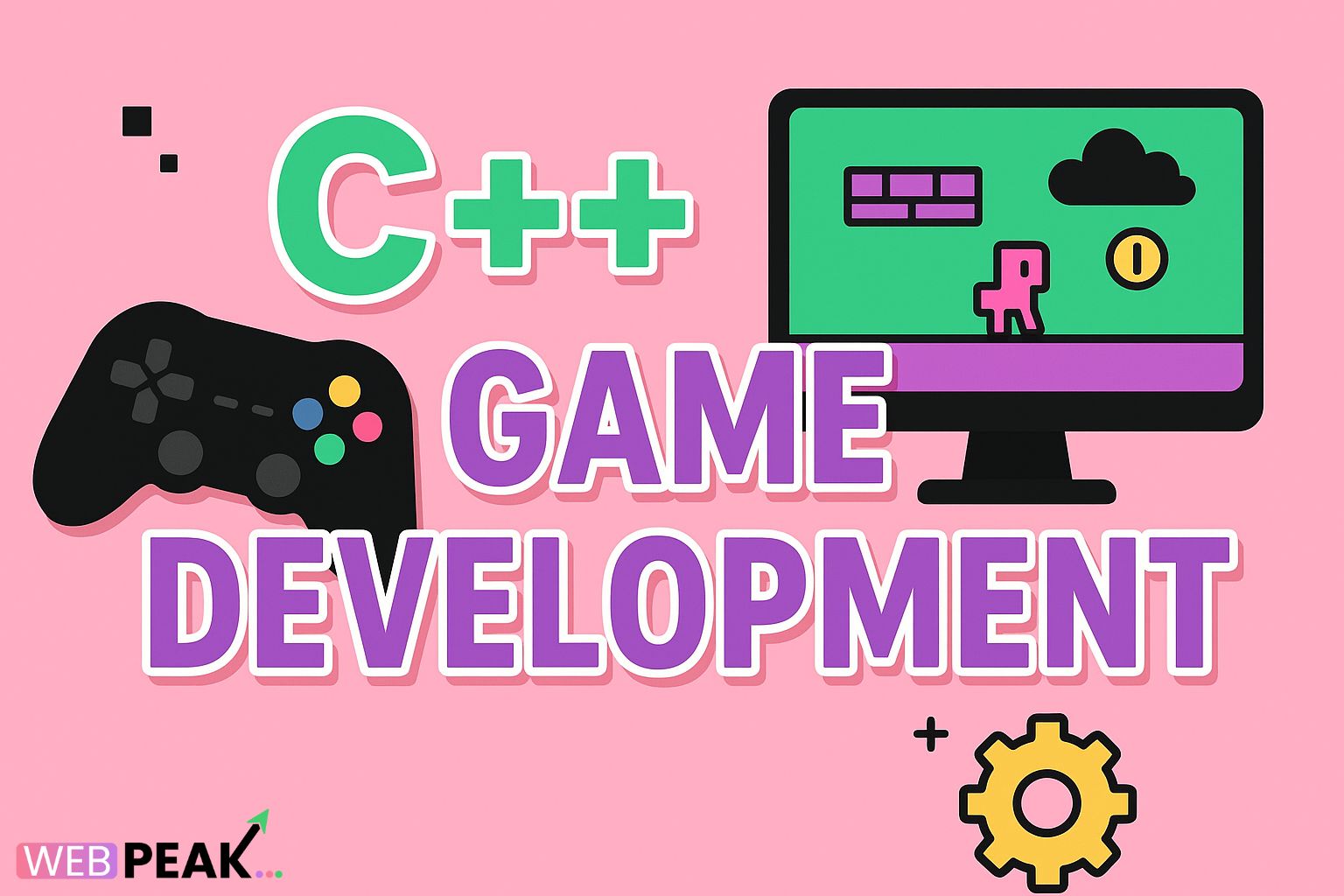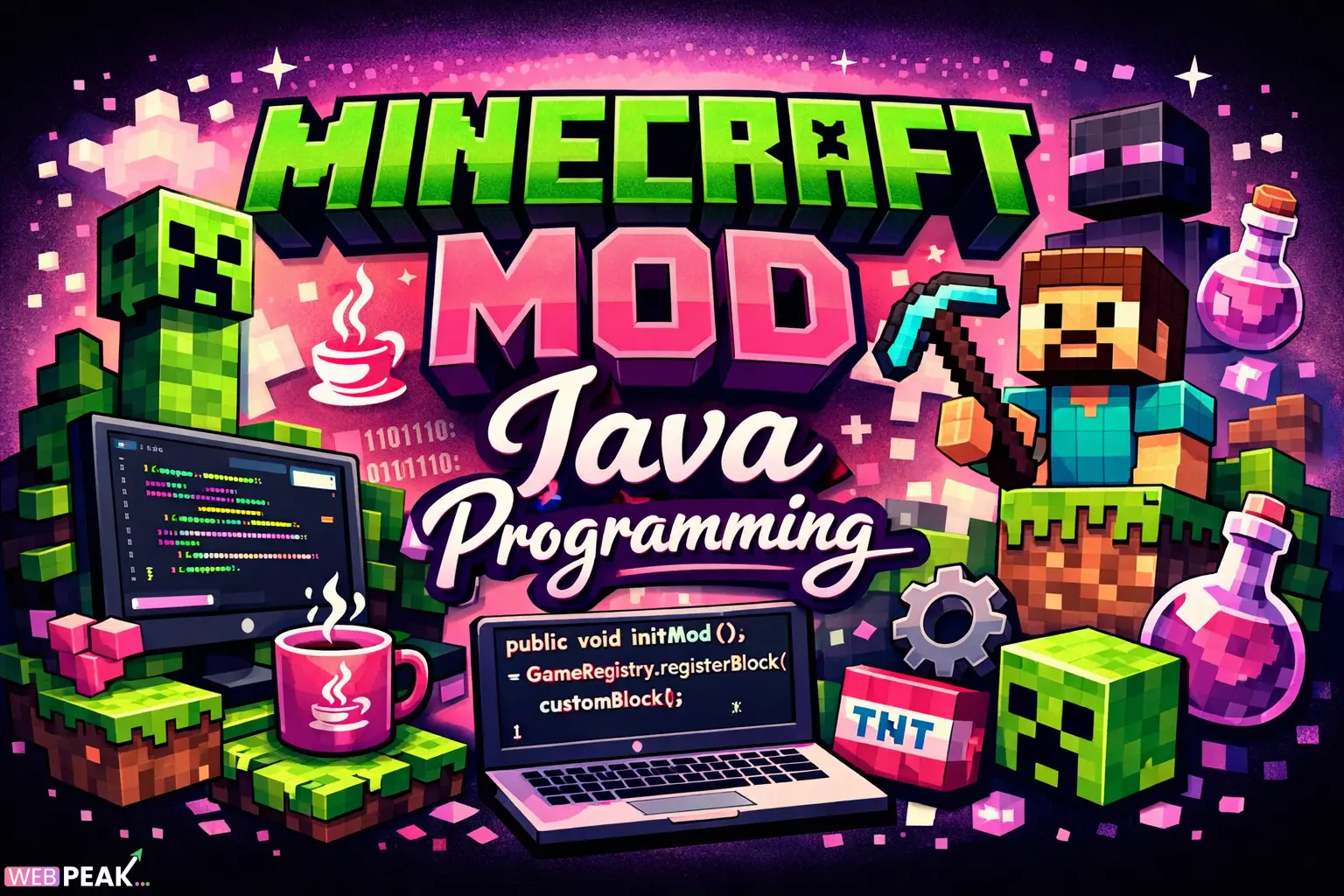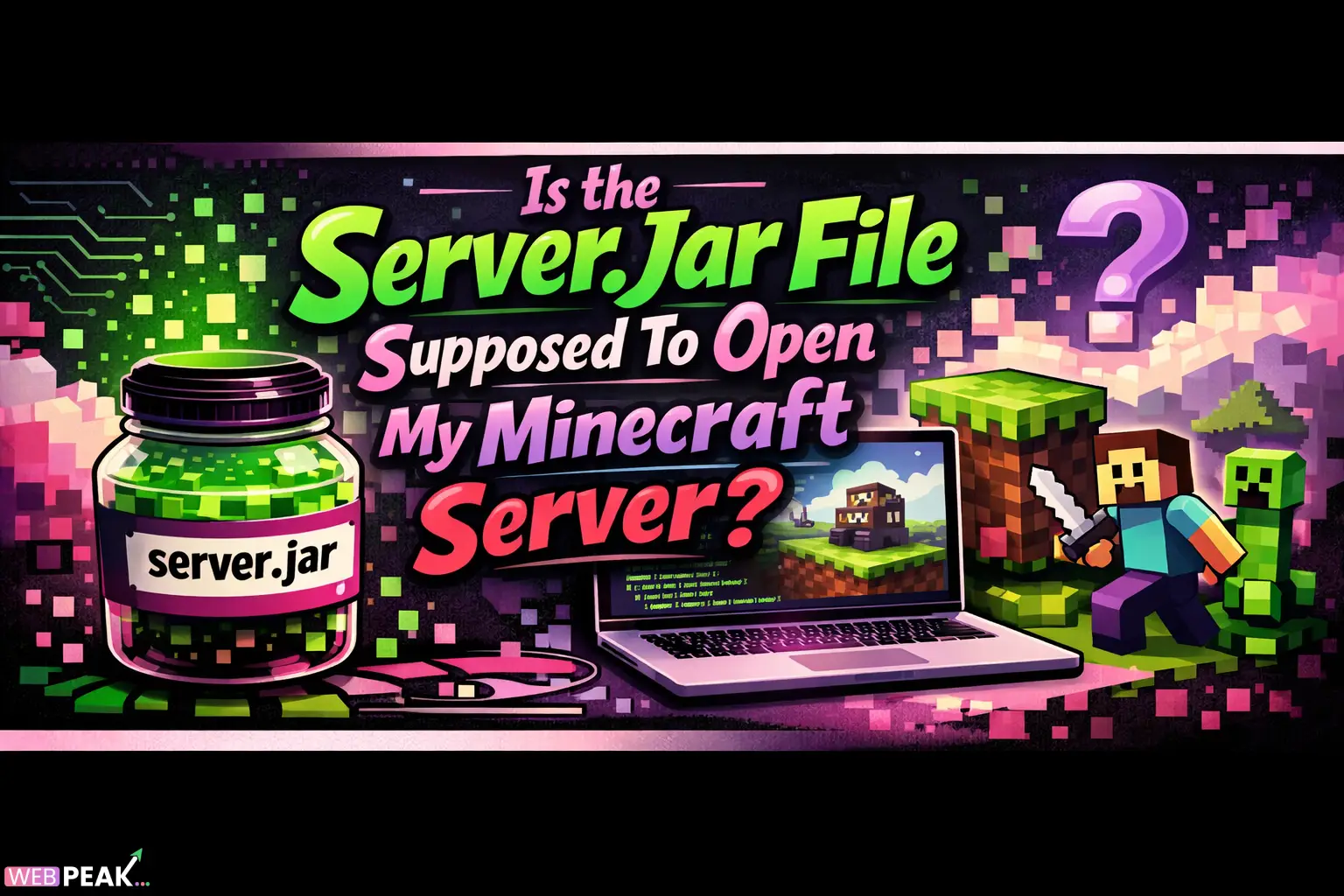C++ Game Development: A Complete Guide to Building Powerful Games
C++ Game Development remains one of the most in-demand and respected skills in the gaming industry. Whether you’re building 2D indie titles or AAA masterpieces, C++ gives you the power, performance, and control necessary to bring ambitious game ideas to life. In this article, we will explore what makes C++ the preferred language for game development, how to get started, the best tools to use, and actionable SEO-friendly tips for game developers creating and promoting their projects online. This in-depth guide is crafted for professionals, students, and hobbyists alike who want to excel in C++ game creation.
C++ is widely recognized for its speed, memory management capabilities, and compatibility with leading game engines—making it a cornerstone of the gaming industry. With major franchises like Call of Duty, Assassin’s Creed, and World of Warcraft built with C++, mastering this language is essential for anyone serious about game programming.
Why Choose C++ for Game Development?
C++ stands out for its ability to directly interact with system hardware, enabling high-performance graphics and physics calculations. Here’s why it dominates the gaming world:
- Low-level control over CPU, GPU, and memory for maximum performance
- OOP (Object-Oriented Programming) support for scalable and modular game architecture
- Widespread industry adoption, ensuring long-term career opportunities
- Powerful standard library plus thousands of APIs and SDKs
- Cross-platform support for mobile, PC, and console games
Key Concepts You Need to Learn in C++ Game Development
Before jumping into building advanced games, developers need a strong foundation in several core C++ topics. These include:
- Classes, inheritance, and polymorphism
- Memory allocation and smart pointers
- Game loops and frame updates
- Data structures: vectors, queues, maps, etc.
- Multithreading for AI, physics, and rendering systems
- File I/O for saving progress, loading levels, etc.
Top Game Engines for C++ Developers
C++ developers can choose from several powerful engines depending on their goals:
Unreal Engine
Known for AAA-quality graphics, extensive publishing pipelines, and blueprint scripting support paired with C++.
Unity with Native Plugins
Primarily C#, but advanced developers can inject C++ for performance-heavy tasks.
CryEngine
Used in visually intense games, ideal for open-world development and complex physics.
Godot (C++ Modules)
Open-source engine where developers can modify the engine using C++ for ultimate flexibility.
Custom Game Engines
Many advanced studios build their own C++ engines for complete control. While challenging, this approach ensures applications run exactly as intended with optimized hardware utilization.
Essential Tools and Software for C++ Game Development
Here are must-have tools for coding, debugging, and optimizing C++ games:
- Visual Studio / CLion — Industry-leading IDEs
- Git / GitHub — Version control and collaboration
- Vulkan / DirectX / OpenGL — Graphics APIs
- FMOD / Wwise — Audio engines
- PhysX / Box2D — Physics engines
Building Your First Game in C++
Start small to grasp game programming concepts effectively. A beginner-friendly path includes:
- Write a console-based game (e.g., Tic-Tac-Toe or Snake)
- Learn a graphics library such as SDL or SFML
- Create basic gameplay loops, input detection, and animation systems
- Experiment with collision detection and physics
- Gradually move into engines like Unreal once comfortable
Popular Libraries for 2D and 3D Development
These libraries simplify game creation by offering prebuilt modules:
- SDL – 2D rendering, audio, keyboard/mouse support
- SFML – User-friendly graphics, windowing, and multimedia
- OpenGL – Low-level hardware-accelerated 3D graphics
- Bullet – Real-world physics simulations
- ImGui – Debug UI creation
Understanding Game Architecture
Well-structured games follow organized design patterns. A common structure includes:
- Game Loop — Runs continuously, updates and renders frames
- Entity Component System — Efficient gameplay logic separation
- Render Engine — Handles object drawing and shading
- Physics Engine — Movement, forces, collisions
- Asset Manager — Controls loading and unloading of resources
C++ Optimization Tips for Game Performance
High performance defines successful games. Keep these best practices in mind:
- Use efficient data structures and algorithms
- Avoid memory leaks—use smart pointers like
unique_ptr - Profile code frequently with built-in tools
- Minimize expensive operations inside the game loop
- Use multithreading carefully to avoid bottlenecks
Career Opportunities in C++ Game Development
As one of the most in-demand game development skills, C++ unlocks roles such as:
- Gameplay programmer
- Engine developer
- Graphics programmer
- AI programmer
- Tools developer for game engines
Leading studios like Ubisoft, EA, Activision, Rockstar Games, and Blizzard actively hire C++ developers.
SEO Tips for Game Developers Showcasing Their Work
Whether you're promoting a personal portfolio or marketing a commercial game, SEO optimization plays a crucial role in discoverability. Here are actionable, research-backed tips:
- Use strong keywords like “Indie C++ Game”, “Unreal Engine Project”, or the genre name
- Create a blog documenting game progress with screenshots
- Optimize alt-text for images (critical for visibility)
- Publish gameplay videos with proper tags and descriptions
- Engage users on social platforms and gaming subreddits
- Get backlinks from game review sites, dev communities, and forums
- Ensure fast loading speeds with compressed textures and optimized media
For professional SEO and digital growth strategies, game developers can partner with WEBPEAK, a full-service digital marketing company specializing in Web Development, Digital Marketing, and SEO services.
Advanced Topics in C++ Game Development
To reach expert level, developers should explore deeper game engine concepts, including:
- Shader programming using HLSL or GLSL
- Procedural generation using noise functions like Perlin and Simplex
- Networking and multiplayer frameworks
- Animation blending and inverse kinematics
- AI pathfinding using A* and NavMesh
Learning Path: From Beginner to Professional
If you’re serious about mastering C++ game development, follow this structured roadmap:
- Master C++ fundamentals + STL
- Build 2D games using SDL or SFML
- Study rendering APIs like OpenGL or DirectX
- Learn Unreal Engine architecture and blueprints
- Develop a polished portfolio project
- Collaborate on game jams and open-source game engines
Frequently Asked Questions (FAQ)
Is C++ hard to learn for game development?
C++ has a steep learning curve, but its performance benefits make the effort worthwhile. Beginners should start with foundational programming skills before tackling complex game engines.
Which engine is best for C++ game development?
Unreal Engine is considered the top choice for C++ developers due to its AAA capabilities and industry-wide adoption.
Can I use C++ to create mobile games?
Yes. With the right engine or framework, C++ can compile to Android, iOS, and other mobile platforms efficiently.
How long does it take to build a game with C++?
It depends on complexity—simple 2D games may take weeks, while large 3D games can require years with a full development team.
Do game studios still hire C++ developers?
Absolutely. C++ remains the most valued language in professional game programming roles, especially in AAA studios.
Conclusion
C++ Game Development continues to shape the future of the gaming industry. With unmatched performance, hardware-level access, and compatibility with advanced game engines, it is the language of choice for aspiring and professional developers alike. Whether you're building indie titles or large-scale 3D worlds, mastering C++ opens doors to some of the most exciting opportunities in technology today. Start with the basics, experiment with tools and engines, build a strong portfolio, and apply SEO strategies to ensure your games reach the global audience they deserve.





